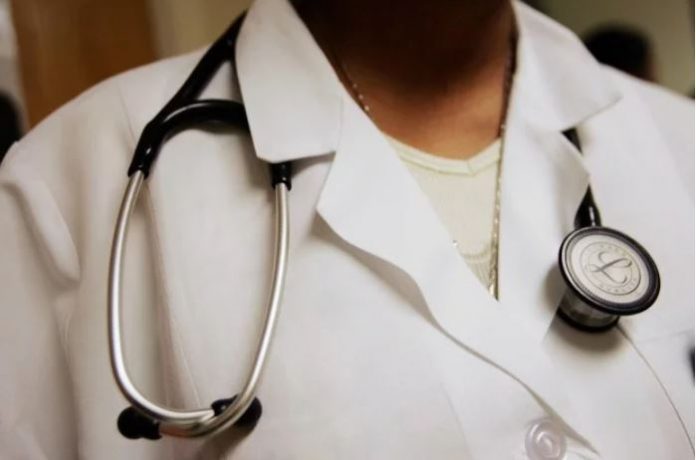1. Go for a preventive checkup!
Prevention is better than cure. We have all heard it and when it comes to our health, every little step is precious. Going for preventive health checkups, adopting regular measures can help you catch problems and nip them in the bud. This step is especially crucial once you start to age. As we grow older, we tend to undergo some wear and tear and also become a little more vulnerable to certain health conditions. Hence, it is all the more important to go for regular screenings and checkups, no matter how busy your schedule is. If you thought only sugar and cholesterol tests were important, think again. Here are a list of 6 essential medical tests every person over the age of 30 should get done:
2. ECG Tests
Cardiac complications wait for none and can strike anytime. An ECG (Electro Cardiogram) Test is a helpful tool that can be used as a preventive tool to detect the health of the heart in individuals who do not present the symptoms of heart disease but might be at risk of developing ailments and conditions in the future. The results can also help evaluate risk factors and suggest lifestyle measures that can keep your heart young as you age.
3. Genetic tests
Genetic testing is an important measure to look for early signs and symptoms which may reveal any changes in mutation and present to you the likelihood of developing certain illnesses or diseases. It can also, in some cases provide you information to fight the risk better. Some preventive genetic tests can also give you a heads up about DNA changes, cancer risk, etc. If you are planning on having a child, genetic testing can be a good baby-proofing measure to protect your future child’s health as well.
4. Lipid Profile Tests
A complete lipid profile test can detail the nitty-gritty of your cholesterol levels-the good and the bad and give you an indicator of how healthy your heart is. Going for full tests once every two years can be helpful after the age of 30. If you have a family history of cardiac complications, obesity or diabetes, annual screenings can provide you preventive benefits. Aim for a healthy reading, which should be something like LDL (Low-Density Lipoproteins) < 130 and HDL (High-Density Lipoproteins) >60.
5. Genetic tests
Genetic testing is an important measure to look for early signs and symptoms which may reveal any changes in mutation and present to you the likelihood of developing certain illnesses or diseases. It can also, in some cases provide you information to fight the risk better. Some preventive genetic tests can also give you a heads up about DNA changes, cancer risk, etc. If you are planning on having a child, genetic testing can be a good baby-proofing measure to protect your future child’s health as well.
6. Liver function test
Liver chemistry tests, which work by measuring the charting of certain bodily enzymes, proteins, triglyceride can determine how healthy your liver is and screen for various infections, such as hepatitis. Liver health charts can also determine and chart the progress, or, the severity of conditions and treatments as well. Getting a pre-emptive screening every other year could be a good measure once you enter your 30s.
7. Pap smear/ Colonoscopy Tests
For women, regular pap smears are recommended and the frequency of testing, along with HPV tests should be increased after the age of 30. These tests can help nip changes in the cervix, prevent and catch the symptoms related to cervical cancer and other deadly infections.
Colonoscopy tests, again are essential for men. While such tests are usually undertaken after the age of 45-50, doctors believe that men should start getting the testing done in their 30s only, especially if you have a first degree relative or family history of colon cancer. Tests can help investigate signs of intestinal problems, bleeding as well as screen for colon cancer.

